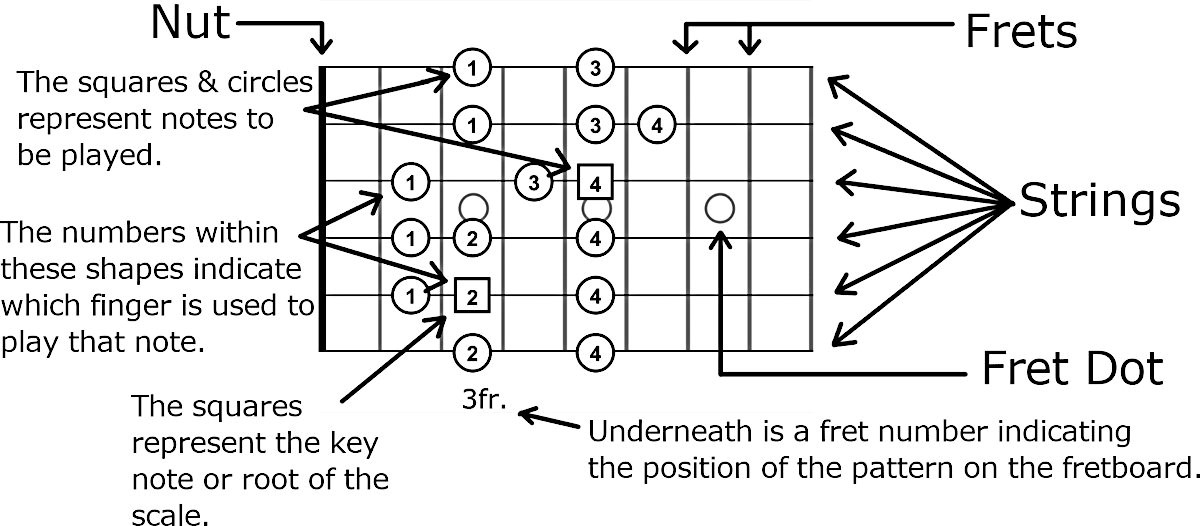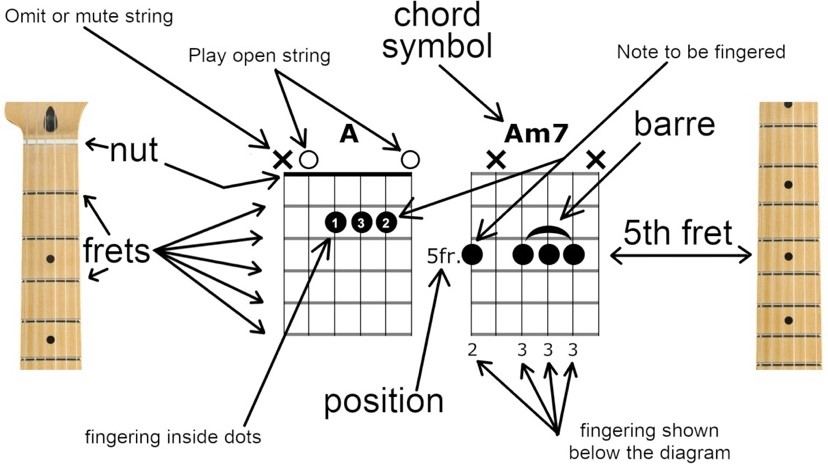Consider that if you are building a house, you will need a foundation. The higher you want to build, the broader your foundation will need to be. When you are learning guitar, or any musical instrument, music theory is your foundation. It enables you to build your instrumental skills, and without it you will be on some shaky ground.
That doesn’t mean you need to do it right away, but realize you can only get so far without it. If you just want to fool around, make some noise, and have fun with the guitar, you won’t need much in the way of theory.
You can learn some songs, sure. But to get good at the guitar, and make steady progress with your music, it’s wise (and not very difficult) to at least learn the basics of music theory using your guitar.


